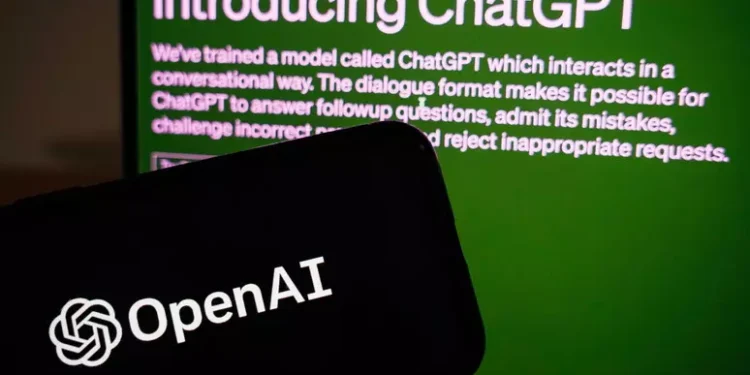OpenAI Expands Horizons: New Productivity Tools to Compete with Microsoft Office
OpenAI is reportedly gearing up to develop a comprehensive suite of productivity tools for ChatGPT, potentially positioning itself as a formidable competitor to Microsoft Office. This strategic move, first reported by The Information, aims to create an integrated ecosystem that enhances both personal and professional workflows, signaling a significant evolution in how AI can assist in everyday tasks.
A Vision for a 360-Degree Assistant
At the heart of this initiative lies the vision of Sam Altman, CEO of OpenAI, who envisions ChatGPT as a 360-degree assistant. This would enable users to seamlessly navigate their daily activities—whether personal or professional—using a single, unified platform. The anticipated features include collaborative document editing and integrated chat functionalities, resembling a hybrid of Microsoft Office and Teams. This would allow users to not only create and modify documents but also communicate in real time, fostering a more interactive and efficient work environment.
The push towards these new capabilities reflects a broader trend in the tech industry, where the integration of AI into productivity software is becoming increasingly essential. With the demand for remote collaboration tools skyrocketing, OpenAI is poised to make a significant impact.
Current Landscape of Corporate AI
As it stands, Microsoft has established a strong foothold in the corporate AI space with its Copilot feature integrated into Office 365. Copilot provides intelligent assistance for creating, editing, and analyzing documents and data, making it a critical tool for businesses. Similarly, Google has introduced Gemini within its Workspace platform, allowing users to interact with various applications, including Gmail. These existing tools have set a high bar for AI-driven productivity solutions, underscoring the competitive landscape OpenAI is entering.
According to Zdnet, the potential launch of OpenAI’s business productivity tools could complicate its ongoing relationship with Microsoft. Since 2019, the two companies have enjoyed a partnership that has benefited both sides; Microsoft has provided substantial financial backing to support OpenAI’s AI model training, while simultaneously gaining the rights to incorporate OpenAI’s technology into its Bing search engine. However, as OpenAI moves towards direct competition in the productivity space, questions arise about the future dynamics of this partnership.
Expanding Beyond Productivity
In addition to the productivity tools, OpenAI is reportedly working on a proprietary web browsing program and exploring ways to display updates from social profiles alongside the ChatGPT interface. This strategy aims to increase user engagement and encourage longer interactions within the platform. By integrating social media updates, OpenAI could create a more personalized and dynamic experience, further establishing ChatGPT as an essential tool for users.
The move towards developing a web browsing capability aligns with the broader trend of AI becoming more integrated into various facets of daily life. As users increasingly seek tools that streamline their online experiences, OpenAI’s plans could enhance its appeal in a crowded market.
The Implications for Businesses
Should OpenAI successfully launch its suite of productivity tools, the implications for businesses could be profound. Companies may find themselves evaluating their current tools and considering a shift towards a more AI-integrated solution that offers not only productivity enhancements but also a cohesive platform for collaboration.
Moreover, the introduction of such tools could democratize access to advanced AI capabilities, allowing smaller businesses to leverage technology that was previously the domain of larger corporations. This could lead to increased innovation across industries as companies begin to harness the power of AI in their operations.
Conclusion
OpenAI’s reported plans to develop a suite of productivity tools for ChatGPT mark a significant step in the evolution of AI in the workplace. By positioning itself as a competitor to established giants like Microsoft and Google, OpenAI is not only expanding its technological offerings but also redefining the landscape of productivity tools. As the company continues to innovate and explore new functionalities, it will be crucial to monitor how these developments unfold and what they mean for the future of work.
With the growing reliance on AI to enhance productivity, the coming months could see a shift in how workplaces operate, driven by the capabilities of tools like ChatGPT. The competition among tech giants is set to intensify, and the ultimate winners may be the users who stand to benefit from more efficient and integrated solutions.














































